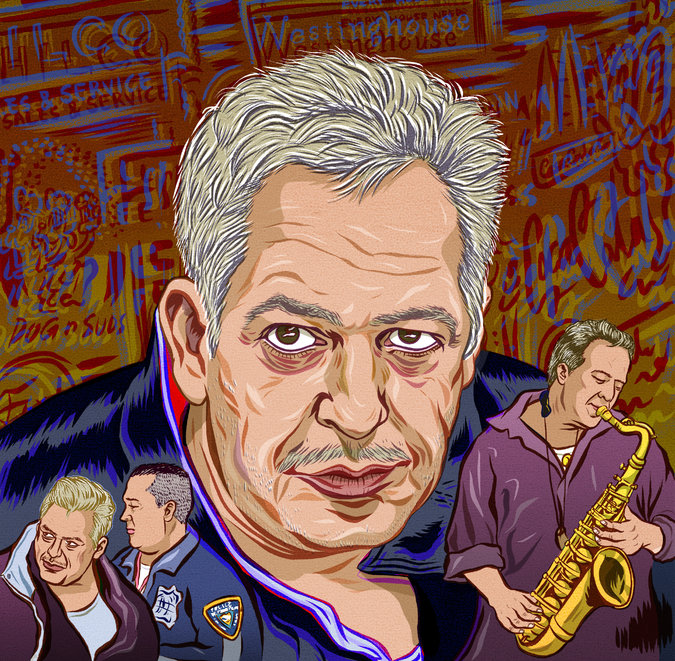From Dale Geiringer of California NORML, February 22, 2014: A bill to regulate medical marijuana physicians, dispensaries and cultivation sites, SB 1262, has been introduced by Sen. Lou Correa (D-Anaheim), with support from law enforcement and the CA League of Cities. The bill may be viewed as a counterweight to Assemblyman Tom Ammiano’s MMJ regulation bill AB 604, which is pending hearings in the State Senate later this spring.
Although SB 1262 has some worthwhile features, notably a very reasonable dispensary licensing scheme, it would impose highly objectionable, burdensome new restrictions on physicians that would sharply limit the availability of recommendations to most patients. In particular, SB 1262 would:
* Require that all recommending physicians “have a bona fide doctor-patient relationship, with medical marijuana recommendations to be made by a patient’s primary care physician or by a physician and surgeon to whom the patient is referred by their primary care physician.” This would effectively make it impossible for the innumerable patients whose primary care physicians do not know or care about medical marijuana to obtain recommendations. (Remember that patients’ choice of primary care physicians is quite restricted in most health care plans.)
* Sharply limit recommendations for minors to non-smoked CBD varieties: “A recommendation for medical marijuana provided to a minor shall include a specific justification for the recommendation and why the benefit of use is more important than the possible neurological damage that could be caused by the minor using marijuana. A recommendation for a minor shall be approved by a board certified pediatrician. A recommendation for a minor shall be for high CBD marijuana and all recommendations for minors must be for nonsmoking delivery.” (Note that the bill doesn’t require the doctor to discuss the possible benefits of reduced neurological damage to minors, in particular marijuana’s potential neuroprotective effects against binge drinking).
These unprecedented limitations on physician’s right to recommend may or may not arguably violate Prop. 215, but seem certain to attract opposition from the medical profession as well as MMJ advocates. Elsewhere, SB 1262 proposes a surprisingly reasonable dispensary licensing system, to be regulated by the State Dept of Health instead of the ABC, as proposed in AB 604. The bill would require licensing of all dispensaries and their cultivation sites, but not cultivation by individual patients, caregivers, or patient collectives under SB 420 or Prop 215. The licensing would be done by the State Department of Public Health with inspections conducted by county health departments.
The full text of the Correa bill SB 1262 is here.
Summary excerpt:
This bill would require the State Department of Public Health to license dispensing facilities and cultivation sites that provide, process, and grow marijuana for medical use, as specified, and would make these licenses subject to the restrictions of the local jurisdiction in which the facility operates or proposes to operate. The bill would require the department to establish standards for quality assurance testing of medical marijuana and would prohibit the use of nonorganic pesticides in any marijuana cultivation site.
The bill would require licensed dispensing facilities and licensed cultivation sites to implement sufficient security measures to both deter and prevent unauthorized entrance into areas containing marijuana and theft of marijuana at those facilities, including establishing limited access areas accessible only to authorized facility personnel, and would require these facilities to notify appropriate law enforcement authorities within 24 hours after discovering specified breaches in security. The bill would make enforcement of these provisions the responsibility of the county health departments, with oversight by the department. Violation of these provisions would be punishable by a civil fine of up to $35,000 for each individual violation. By expanding the duties of local health officers, this bill would impose a state-mandated local program.
This bill would establish requirements for a physician and surgeon to recommend medical marijuana, including prescribed procedural and recordkeeping requirements, and would require a recommendation for medical marijuana for a minor to include a specific justification for the recommendation and why the benefit of use is more important than the possible neurological damage that could be caused by the minor using marijuana and to be approved by a board certified pediatrician. The bill would require a physician and surgeon that recommends medical marijuana to report to the board the number of recommendations issued, with supporting documentation on patient medical need.
This bill would require the board to audit a physician and surgeon who recommends medical marijuana more than 100 times in a year to ensure compliance with existing law and would require the board to establish a certification process for physicians who wish to issue medical marijuana recommendations, including a mandatory training in identifying signs of addiction and ongoing substance abuse.
Gieringer concludes: “While the physician restrictions in SB 1262 are highly objectionable and need to be defeated, it is nonetheless a welcome development that law enforcement has thrown in the towel and endorsed the licensing of medical marijuana dispensaries, an idea they have previously stoutly resisted. Hopefully this is an omen that the legislature will finally enact a much-needed medical marijuana industry regulation bill this session —but without unacceptable restrictions on doctors. Stay tuned.”





